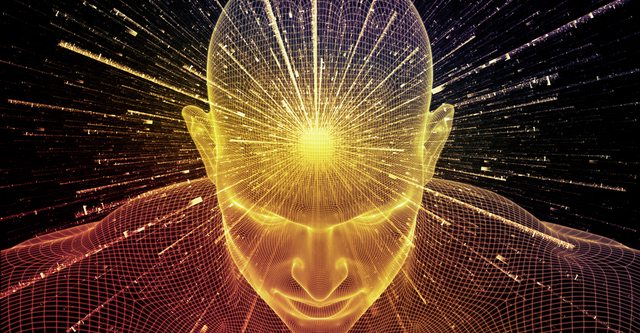- Joined
- Aug 23, 2010
- Messages
- 8,951
- Reaction score
- 2,232
- Location
- UK
- Gender
- Male
- Political Leaning
- Socialist
re: A Defense of Religion [W:331]
This debunking of dualism is out there and it is easily found and understood. I wanted to see if Angel was honest enough to admit the weakness of his argument and confess that it is something that he believes without any evidence. My respect for that position would have been a million fold more than the pseudo crap we have endured over three separate threads of spam so far.
Here we go
Is it?
It's funny, because if you damage something material, like a bunch of brain cells? You will lose consciousness. So, there's that.
Another issue is that we know, for a fact, that neurons and axons and neurotransmitters change in reaction to stimulus. E.g. if I am looking at a dog, there will be groups of neurons firing in the back of my head, representing that sensory information to my brain.
The thing is, we also know that an immaterial consciousness interacting with neurons is, well, a violation of the laws of physics. Interactive dualism -- the idea that you have a non-material consciousness that interacts with the physical parts of the brain -- contradicts pretty much everything we know about physics.
Kinda seems like your "self-evident truth" is not evident at all.
On a side note, merely asserting the existence of immaterial consciousness doesn't lead us to "religion." E.g. Plato also posited an immaterial consciousness, within the confines of philosophy, but outside the confines of the religious beliefs of his day. Hmmmm.
I'm with Tim the Plumber on this one. This line, at least as written, is gibberish.
This debunking of dualism is out there and it is easily found and understood. I wanted to see if Angel was honest enough to admit the weakness of his argument and confess that it is something that he believes without any evidence. My respect for that position would have been a million fold more than the pseudo crap we have endured over three separate threads of spam so far.

